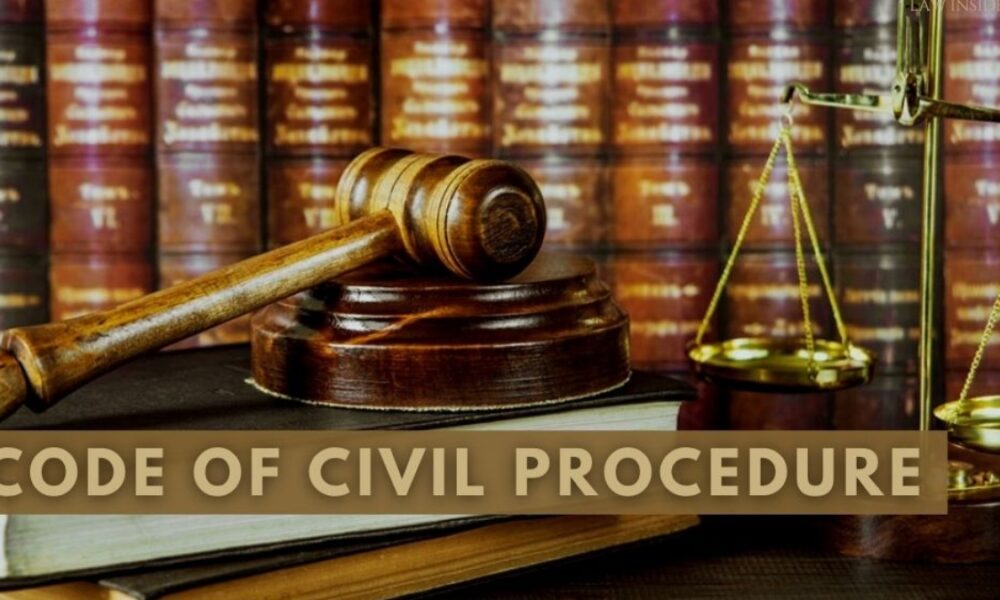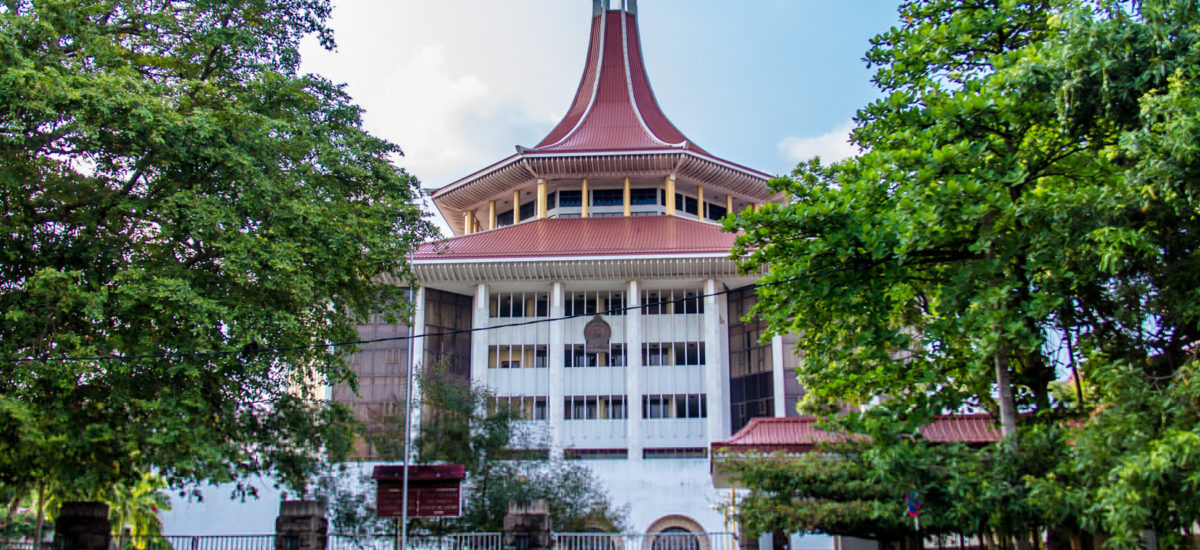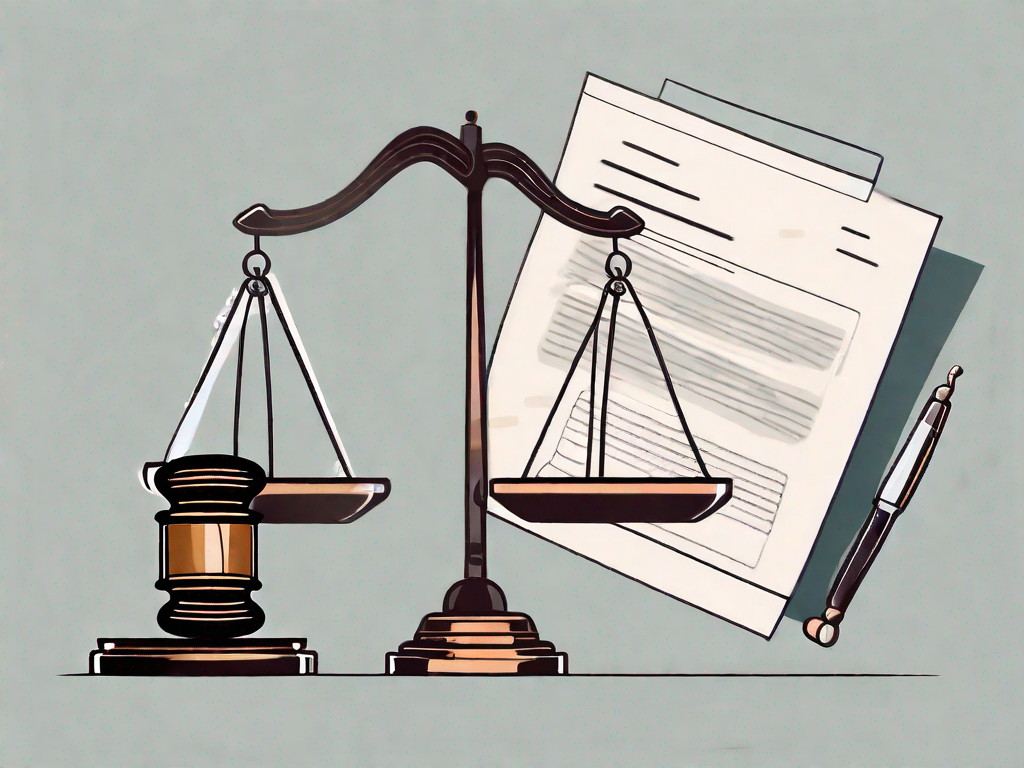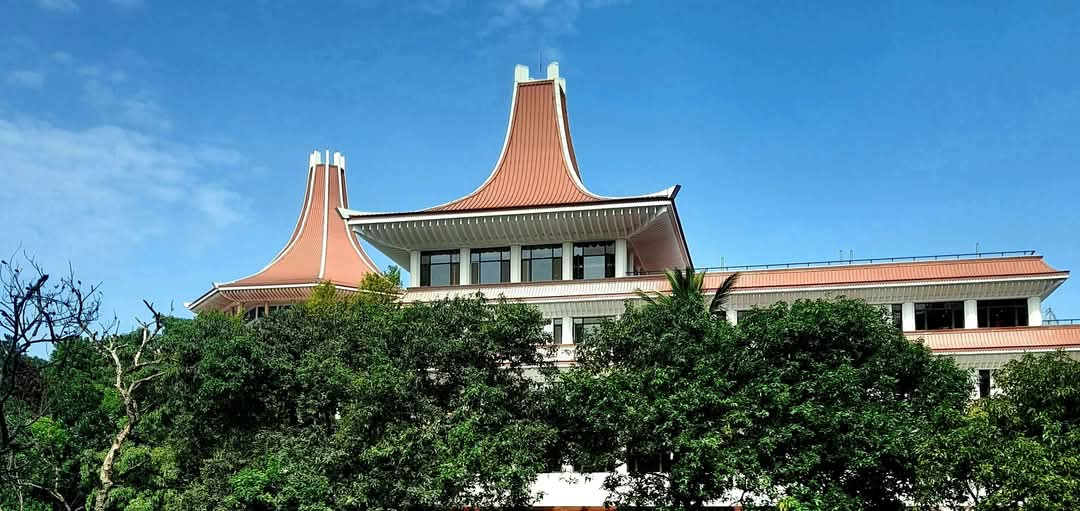SC Emphasizes Section 41 Compliance in Right of Way Claim
Relinquishing Access Bars Claim for Right of Way on Another’s Land

The Supreme Court of Sri Lanka has ruled that a party who once had access to a public road but relinquished it, or failed to take steps to protect or assert that access, cannot later claim a servitude of necessity over another person’s land. Citing Namasivayam v. Kanapathipillai (32 NLR 444), the Court emphasized that if the party’s actions or inactions caused their property to become landlocked, they cannot demand a right of way from a different landowner. The judgment also underscored the necessity of compliance with Section 41 of the Civil Procedure Code, which mandates precise identification of the servient tenement, stating that a servitude cannot be declared without a sufficient description of the land through metes and bounds or a proper sketch, map, or plan.
The case centered around a dispute over a right of way between two neighboring landowners. The plaintiff claimed a servitude of right of way over a portion of the defendant’s property, alleging it was essential to access their own land. This claim was rooted in earlier deeds that had granted a five-foot-wide access road for the benefit of the plaintiff’s property. However, the plaintiff later subdivided their land, creating complications regarding the continuation of the right of way. Additionally, the plaintiff had access through another route via the Ashtip Road but did not take steps to assert or protect that access, which was lost over time.
The District Court ruled in favor of the plaintiff, recognizing the right of way over the southern portion of Lot A1. This decision was upheld by the Provincial High Court of Civil Appeals. However, the Supreme Court reversed these rulings, finding no evidence of a continuing servitude over the southern portion and holding that the plaintiff failed to describe the servient tenement in compliance with Section 41 of the Civil Procedure Code.
“…This Court observes that, if the plaintiff had access from the Ashtip road and relinquished it for some reason or did not take steps to assert his right, causing it to be lost due to some act of the municipality, the plaintiff shall not be allowed to claim a servitude of way of necessity from a different land belong to another, as it is he who deprives himself of access to a road or is responsible for the situation which made his 11 property landlocked. See Namasivayam V. Kanapathipillai 32 NLR 44…” – Justice Priyantha Fernando
“…It is observed that, the sketch has been marked and duly accepted in evidence as [P-18]. However, the said sketch P-18 does not clearly depict the said access road which has been claimed by the plaintiff in the instant case. While the sketch has been provided by the plaintiff and has been duly accepted in evidence, it does not constitute a “sufficient sketch” as required in terms of section 41 of the Civil Procedure Code that describes the servient tenement…”
– Justice Priyantha Fernando
Case No: SC Appeal No. 153/2013 [Decided on 29.10.2024]
Before : E. A. G. R. Amarasekara, J Kumudini Wickremasinghe, J K. Priyantha Fernando, J







